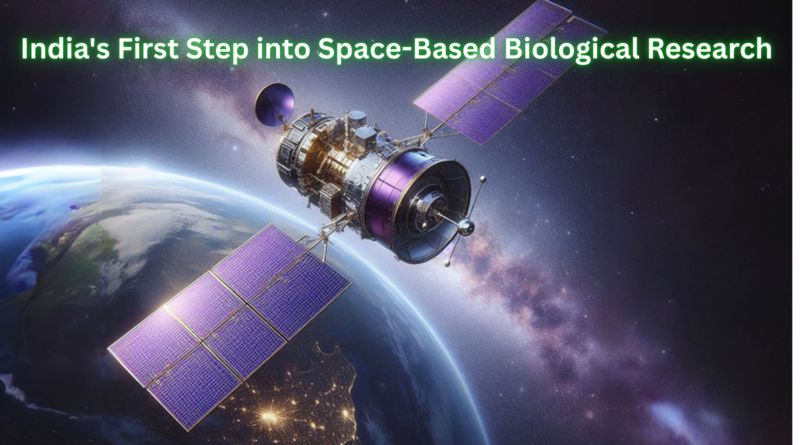India’s First Step into Space-Based Biological Research
India is preparing to conduct its first-ever biological experiment aboard the International Space Station (ISS), marking a major milestone in the country’s space research journey. This initiative will investigate how living organisms behave in the microgravity environment of space, helping scientists better understand the challenges of sustaining human life during long-duration space missions. It reflects India’s growing commitment to expanding its role in space exploration and life sciences.
The experiment is part of the BioE3 (Biotechnology for Exploration and Experimentation in Extraterrestrial Environments) program, a new biotechnology initiative supported by the Indian government. The goal of this initiative is to explore how space affects biological processes at the cellular and molecular levels. This includes examining how cells grow, adapt, and respond to stress when exposed to the extreme conditions of space, such as low gravity and increased radiation.
By studying biological systems in space, Indian researchers hope to gain valuable data that could be used to improve astronaut health, develop advanced medical treatments, and design life support systems for future space missions. The insights gained may also benefit healthcare on Earth, especially in areas such as aging, immune response, and regenerative medicine. These findings could be vital as the world moves closer to human exploration of the Moon and Mars.
This experiment also represents a new level of international collaboration for India in space science. By conducting research aboard the ISS operated by multiple international space agencies India strengthens its scientific partnerships and demonstrates its readiness to contribute to global space exploration. It also sets the stage for more advanced experiments and potential astronaut missions in the near future under India’s Gaganyaan program.




